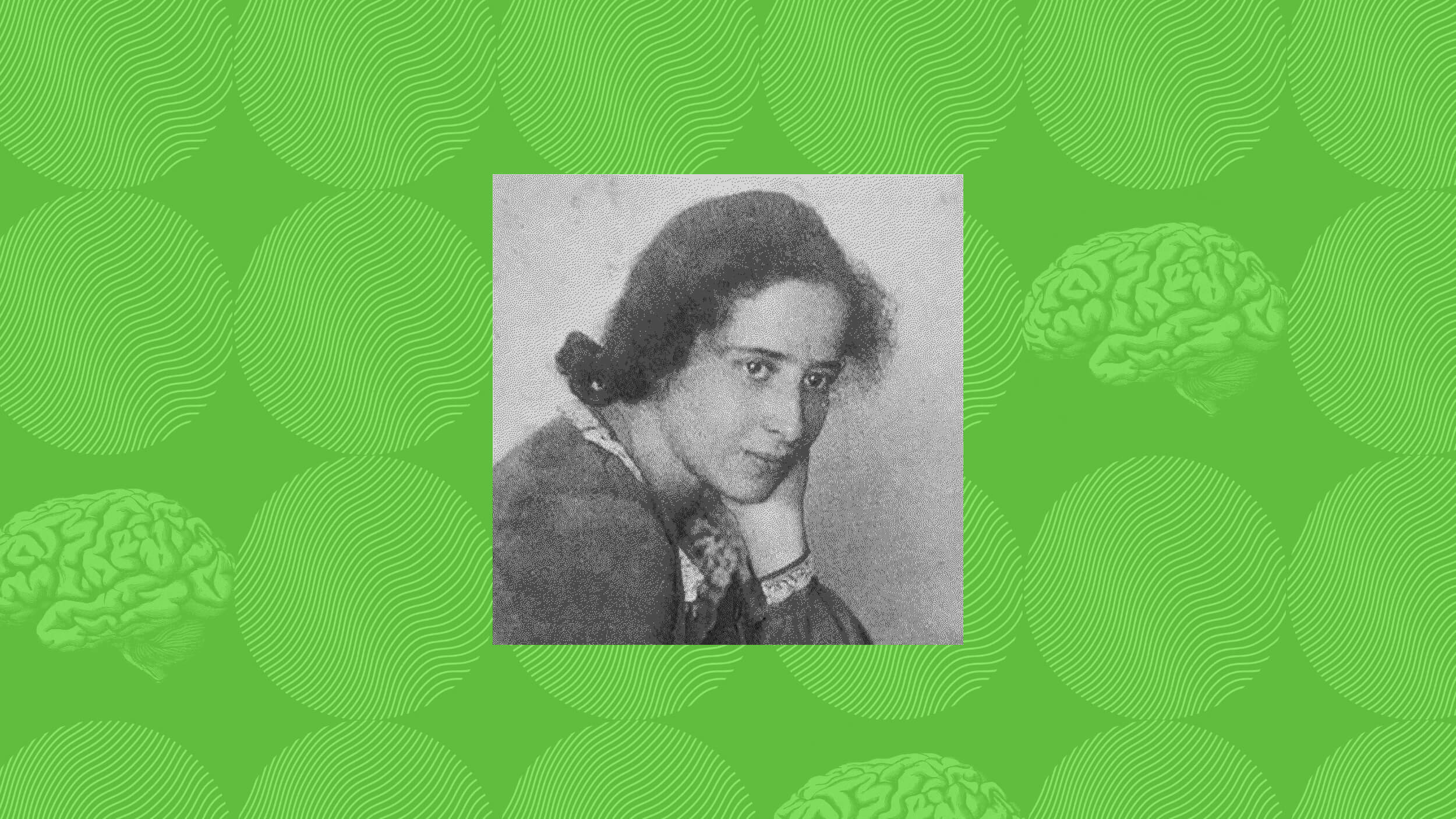As the first biographer to hear Louis Armstrong’s private tape recordings, the author of “Pops” discovered a side of the jazz genius the public never suspected.
Question: What revelations emerged from the newly released Louis Armstrong tapes?
rnTerry Teachout: In 1947, Armstrong bought a tape recorder. Commercial tape recorders were new at this point. He was one of the first people in America to buy one. Like everyone else of his generation who first got his hands on a tape recorder, he would play with it. He bought it to tape his shows, his live shows so that he could study them. But he started taping conversations with friends, backstage conversations. And he also taped off all of his record library from his home so he could travel with it, because Armstrong was on the road 300 nights a year and he missed his records. He loved to listen to music.
rnHe kept the tapes because he was a very self-aware person, you know, he wrote two autobiographies of his own and he thought deeply about his own experience. So, he realized fairly early on that he was creating a kind of personal archive of information through these tapes.
rnBy the time of his death in 1971, there were about 650 reels of tape. They were kept after his death in a non-climate-controlled attic at his house in Queens, and so although everybody who knew him knew about the existence of the tapes, it was generally assumed that they wouldn't be playable by the time anybody got their hands on them. But it wasn't true. When the contents of the house became part of the Armstrong archive, the archivists did digital transfers of all the tapes, and they were all playable, and they were all, depending on the circumstances under which they were recorded, very good sound. I was the first person to write a book about Armstrong who came along after these tapes became available to researchers.
rnIt was really an extraordinary experience. Armstrong was a very unselfconscious man. So, if there was ever a point at which he was aware of the microphone, so to speak, it went away early. So when you listen to these tapes, you are stepping in the time machine. You are eavesdropping on the private life of a great, important, and unselfconscious man.
rnSometimes, he is putting on a little show. He does little mock radio shows. There are tapes where he plays along with old records of his, tapes where he plays records from his collection and talks about them. And they're fascinating too, but the most important tapes are the candid tapes where he simply started the tape recorder during a dinner party, in his dressing room, or in the bedroom, in a hotel room after the show and just lets it run. And whenever he wants to talk about, whatever the people who are with him are talking about is what gets taken down on the recorder.
rnSo, I was fascinated by the idea that these tapes might show us an Armstrong that we didn't know. In one sense, they don't because Armstrong was an unselfconscious person, and when he got on stage, as everybody I spoke to who knew him told me, what you saw is what you got. He was what he seemed to be. But in private, he was more candid. I think much more sharp. I don't mean sharp as in intelligent, I mean sharp as in testy, difficult sometimes because he had a temper, which was something he didn't show in public.
rnHe held grudges and he talks about some of those grudges on the tapes. Grudges against musicians he worked with that he thought had double-crossed him. Managers or people who had booked him that had mistreated him. He talks very candidly about the difficulties he had with the gangsters of Chicago in 1930-31, back when he was having serious run-ins with them. He talks about his marijuana arrest in 1930 in California. Not a subject that you would go around and give interviews about in 1960 in the United States. You hear him getting high with friends. You hear him, in one amazing tape, trying to get his wife into bed. You hear him talking to girlfriends when his wife wasn't around. You hear him talking about racism, you hear him talking about people he had loved and music that he had loved and whatever inhibition he felt in public about talking about certain matters is gone in these tapes and they bring you closer to him than anything possibly could. Closer even than talking to people who knew him, and I talked to quite a few of those people.
rnQuestion: What opinions about race emerged on the tapes that didn’t emerge in public?
rnTerry Teachout: It's not quite right to say they didn't emerge. In one famous episode, he blew up in front of a reporter when Dwight Eisenhower, who was then President, was sending the National Guard in to desegregate the schools of Little Rock. He was extremely candid on that occasion. But by that time, Armstrong was perceived as being an accommodationist on racial matters by younger black because Armstrong had the manners of an earlier generation. He was an entertainer; he didn’t perform in public with any kind of confrontational edge. There were those who called him an "Uncle Tom" because he had some of the comic mannerisms of somebody who had grown up with minstrel shows, which is perfectly natural for a man who was born in New Orleans in 1901. But, in the late '50's, he was widely perceived as being soft on these matters. Not soft on all of them, when you listen to the tapes. You realize that although he is himself, devoid of any kind of racist sentiment. There is no reverse racism in Armstrong at all, he is absolutely frank about things that have happened to him about the anger that he feels about episodes where he felt he had been mistreated, especially in Hollywood, where he was sometimes treated as something of a servant on the movies that he made. And he speaks about them with great candor and great anger.
rn[00:20:52.18] If you already viewed Armstrong with a proper historical perspective, you're not going to be shocked by this, but people who have this notion that Armstrong was some kind of "Uncle Tom," listening to the tapes is an ear-opener.
Recorded on November 17, 2009
Interviewed by Austin Allen





